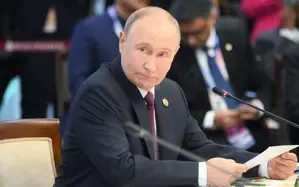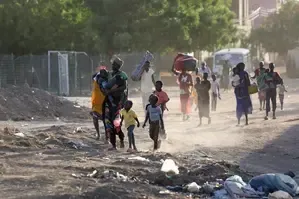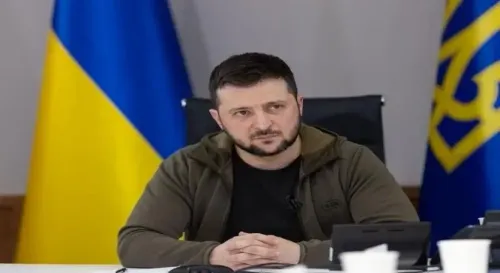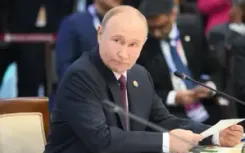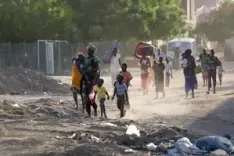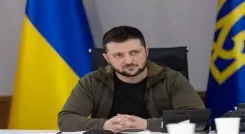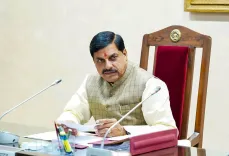Is Pakistan Facing a Deepening Human Rights Crisis in Balochistan?
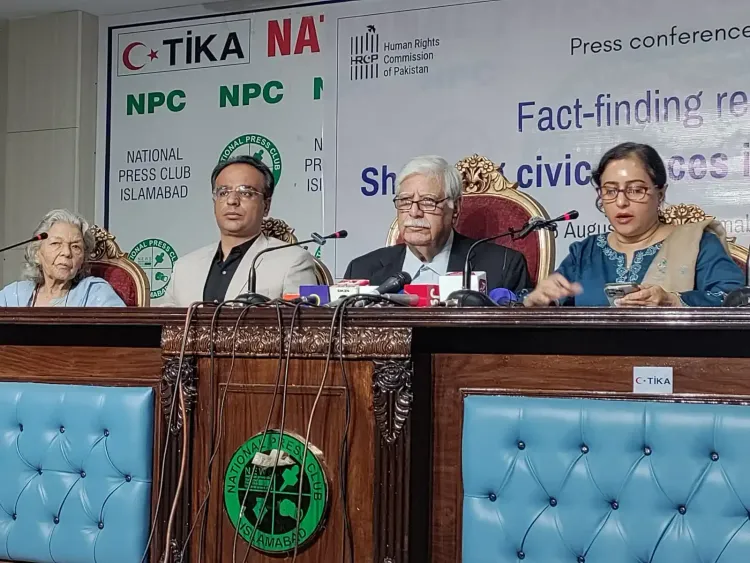
Synopsis
Key Takeaways
- Enforced disappearances are a major human rights concern in Balochistan.
- The HRCP calls for independent investigations into allegations of human rights violations.
- Electoral manipulation undermines public trust in democracy.
- The need for a demilitarized police force to ensure community safety.
- Restoration of constitutional protections is essential for provincial autonomy.
Islamabad, Aug 8 (NationPress) The Human Rights Commission of Pakistan (HRCP) on Friday raised alarms over the worsening human rights crisis and the declining state of fundamental rights and civic freedoms in Balochistan. A report from HRCP, titled 'Balochistan's Crisis of Trust', unveiled a troubling trend of ongoing enforced disappearances, diminishing civic space, the erosion of provincial autonomy, and unbridled impunity—circumstances that perpetuate public alienation and political instability in the region.
“Enforced disappearances have emerged as the most pressing and widespread human rights issue highlighted during the mission. Testimonies from political leaders, civil society representatives, and law enforcement officials indicate the scale, impunity, and evolving nature of this practice. Reports suggest that this phenomenon, rather than being sporadic or exceptional, has become systematic, thereby undermining the rule of law and significantly diminishing public trust in state institutions,” stated the HRCP report.
The rights organization also demanded independent inquiries into alleged reprisals against individuals who speak out against enforced disappearances.
The mission observed that while militant attacks on ordinary citizens, including non-Baloch settlers, are indefensible and must be prosecuted, the enactment of the Anti-Terrorism (Balochistan Amendment) Act 2025 raises serious concerns. This law allows for 90-day detentions without meaningful judicial oversight, raising alarms about the potential for torture and abuse.
The mission called on the Pakistani government to repeal this Act and ensure that all counterterrorism initiatives align with the country’s human rights obligations.
According to the report, electoral manipulation and the political marginalization of nationalist parties have significantly eroded public confidence in democratic processes in Balochistan.
“The mission recommended that the state guarantee transparency, fairness, and accountability in all electoral processes by investigating credible allegations of rigging and depoliticizing administrative frameworks to prevent further political discontent,” the report elaborated.
The HRCP advocated for the demilitarization of civilian law enforcement and for a cohesive civilian police force equipped with adequate resources and training in community-oriented, rights-compliant policing to replace the current dependence on paramilitary and military forces in Balochistan.
The report highlighted the delegitimization of civil society organizations such as the Baloch Yakjehti Committee (BYC), noting that equating human rights advocacy with militancy only exacerbates alienation, particularly among the youth.
The rights body implored Pakistani authorities to publicly recognize the role of human rights defenders and ensure their protection.
“The mission calls on the government to restore constitutional protections under the 18th Amendment and respect provincial autonomy in natural resource management. Controversial projects such as Saindak and recent changes to the Balochistan Mines and Minerals Act must be revisited to guarantee local consultation and fair benefit-sharing,” the report stressed.
Unless Pakistan swiftly embarks on a transparent, inclusive, and rights-based political resolution, the HRCP warned that the political and security landscape in Balochistan will continue to decline.
Emphasizing the need for “principled leadership rather than increased securitization,” it also cautioned that the risk of ethnic reprisals beyond the province is both real and escalating, posing a threat to national unity.

